The Velykyi Burluk Settlement Community of the Kupiyansk District in the Kharkiv Region spent 199 days under temporary occupation. Local journalist Liudmyla Skliarova has notes about almost every one of them, many of which have already been published, while others are still awaiting their turn. Some of them, as the media worker is convinced, can serve as evidence against the occupiers and become pages of a future book about the wartime period in the territory of the Velykyi Burluk region.
We spoke with Liudmyla Skliarova at the Central Office of the National Union of Journalists of Ukraine (NUJU) after a pleasant event for her: receiving a laptop from the NUJU President, Sergiy Tomilenko. The journalist is impressed by the meeting. She talks about support, which is very important, especially for media workers from local newsrooms who work in close proximity to people, and also not far from the border with the occupiers.
She admits that she was very worried when she found out that her old laptop had given up and was beyond repair. She had not parted with it for almost ten years, having saved all the important materials and information she had accumulated during the war years. Purchasing a new one is very problematic, or rather, impossible. She is glad that now she will use a modern gadget for work.
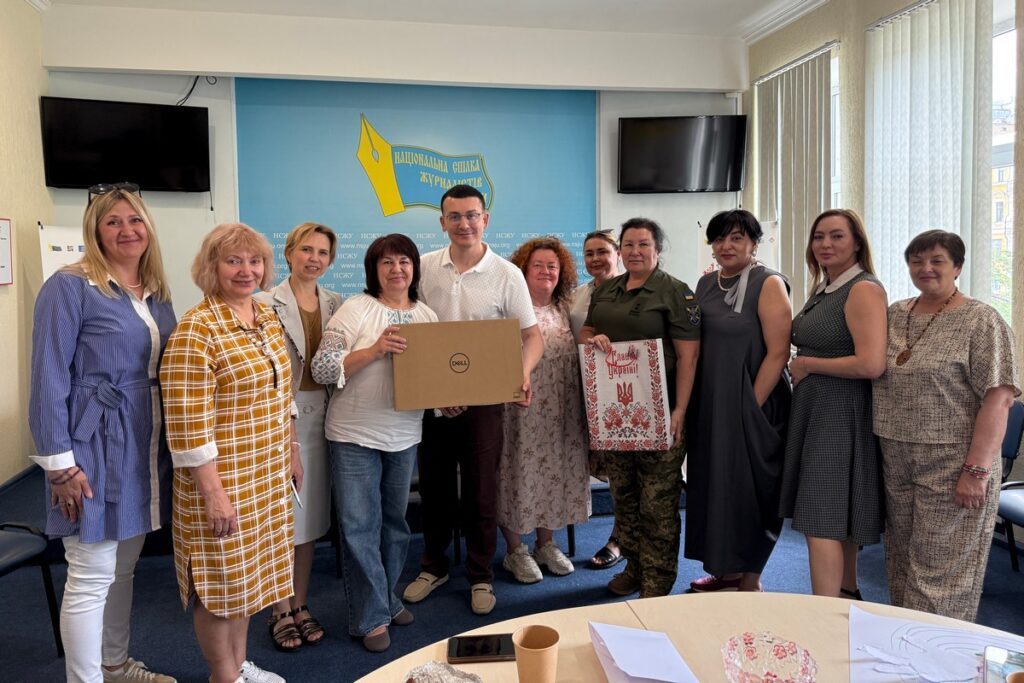
“We have about 25 kilometers to the border with the enemy,” says Liudmyla. “After the de-occupation of our community, I dreamed of peace. But where is there… The shelling only intensifies from time to time. The center of the village of Velykyi Burluk is constantly being destroyed. Our school is battered by blows, as are the administration building and other premises.
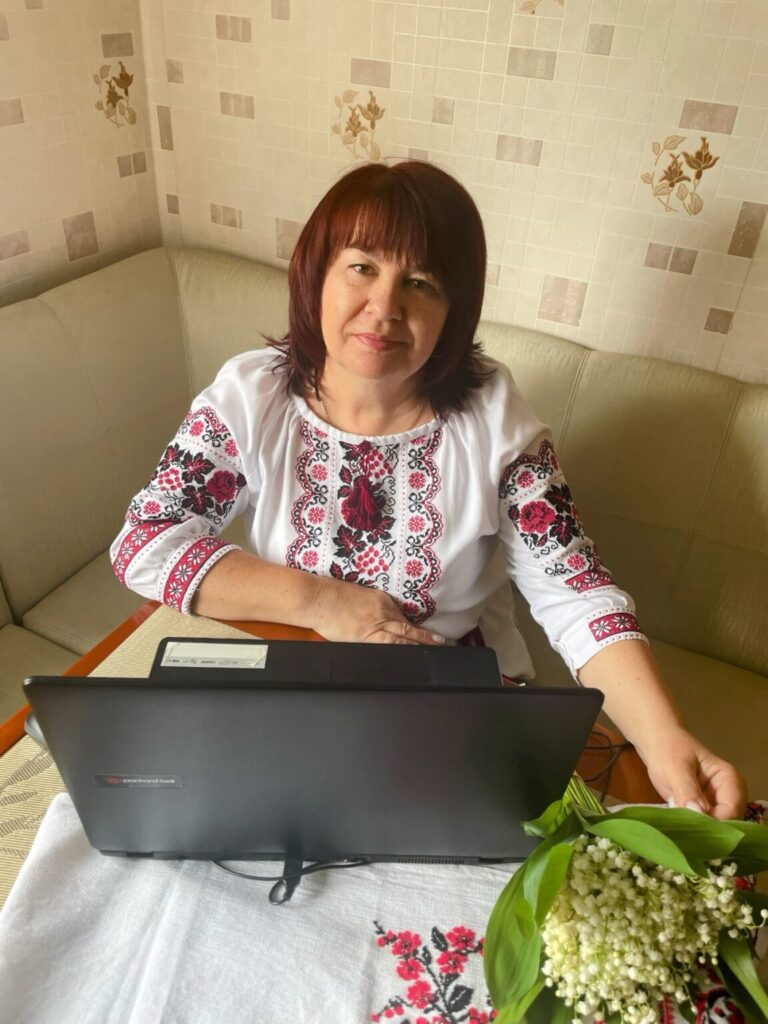
On June 10, 2023, two enemy drones hit the administration building, which also housed the newsroom of the Visnyk Velykoburluchchyny newspaper, destroying it. Then, the deputy editor, Liudmyla Skliarova, began to think that the newspaper, founded in 1931, would probably never be published again, as the staff had stopped working. She tried to argue with herself: if I quit my job, no one would write the history of the present instead of me. However, the next generation should be aware of this, and their knowledge should be based not on abstract statements, but on concrete examples of fellow countrymen’s patriotism and the processes of decommunization. She could not accept that people, who often lose their electricity, communication, and the Internet due to damage caused by shelling, would be left without local information that they could trust.
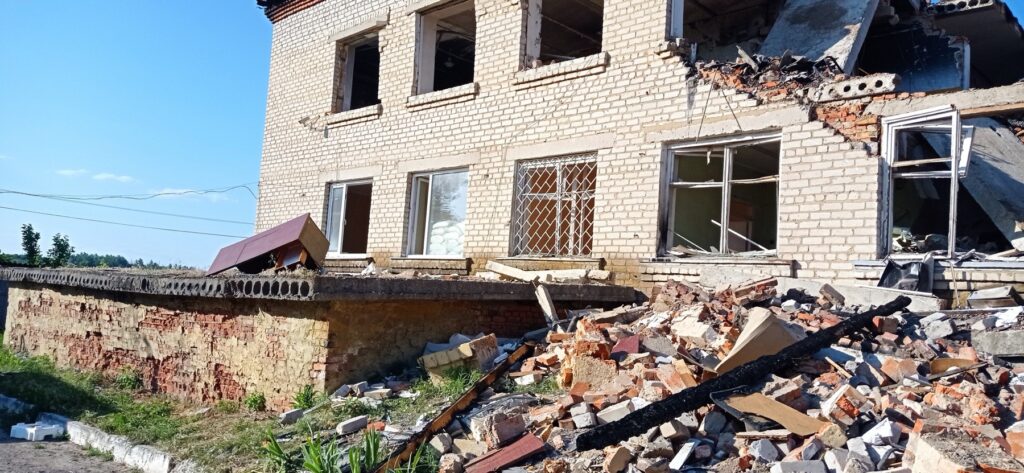
Liudmyla began working in the newsroom in 1985. She gained vast experience working with masters of local journalism, who meticulously treated every line in the newspaper; a “distorted” fact was perceived as something extraordinary.
“Talented, sharp-tongued, professional. The responsibility of journalists at that time was very high,” recalls the media worker. “And they instilled in me the same responsibility for the printed word for the rest of my life. I recall vividly the time when I was starting: how I would go to the fields and farms, knowing how many hectares were sown and where, what was being harvested, and how it was done. There was a sea of information; they checked everything, down to the smallest detail. Now, I also work with a sea of information, and I also try to check everything down to the smallest detail. Liudmyla decided to explore opportunities for residents of the Velykyi Burluk settlements to have their own newspaper. The impetus for optimism and the restart of the publication was the support of the community leadership. The head of the village military administration, Viktor Tereshchenko, assured: “There must be a newspaper!” The information must be accurate and easily accessible to the public. And so the idea arose to produce special issues every month at the expense of the local budget, so that residents of the community could receive the publication for free, as there was no point in paying for a subscription when there was no one to conduct it. It is rightly said that when there is a desire, opportunities appear. This is what happened in the case of Chasopys Velykoburluchyny. This is the name given to the special issue, which began to be published in cooperation with the editorial staff of the Visnyk Kupiyanshchyny newspaper. The editor of the newspaper, Olha Poltavets, supported the intention to jointly publish the publication without hesitation.
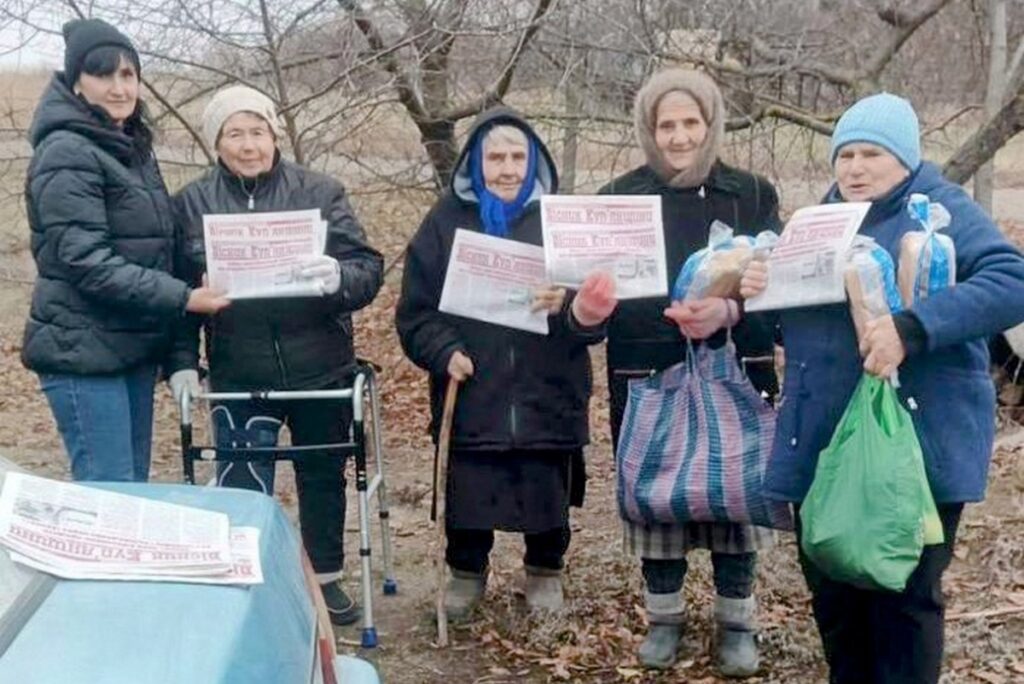
“I am very grateful to her,” says Liudmyla Skliarova, “She helps with the layout and proofreading of pages, with editing. Since July 2023, the special issue has been published monthly in four columns, in two colors. The content of the publication is entirely my own. Although the village council finances it, I have never felt pressured or interfered with in the preparation of content over this time. I prepare materials that I consider necessary and interesting.”
People should not live in an information vacuum, the head of the village military administration emphasized more than once in conversations with Liudmyla. Although not as often as we would like, due to the local budget’s very limited financial resources, the newspaper keeps people informed about all the events happening. Previously, the community had 14,000 residents; now, there are only 7,000 left. The newspaper gives them a symbolic sense of stability and serves as a good reminder of their former peaceful life. All publications originate from the life of the community, including stories about individuals, the work of local authorities, topics related to humanitarian aid, and contacts for evacuation. The materials in the column’ Heavenly Order’ about the Defenders who gave their lives in the war that Russia imposed on our country are especially poignant. People give a bug. There are positive reviews. There is definitely a need to have your newspaper.
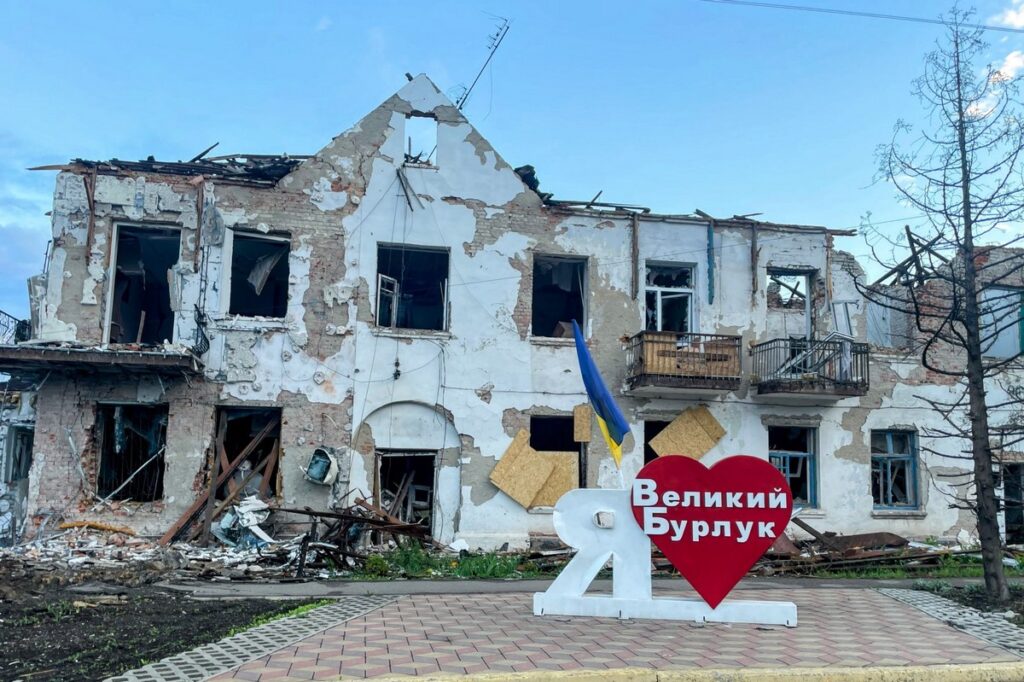
Copies of the special issue are delivered from the printing house by Nova Poshta. Liudmyla picks them up, and then, they are distributed to the village heads. The village heads distribute newspapers along with humanitarian aid to the people, and some volunteers deliver the publications. The special issue does not reach every house; its one-time circulation is 1,500 copies. But “like during the war,” they were read in one house, passed on to another, from hand to hand, and so the newspaper “travels.”
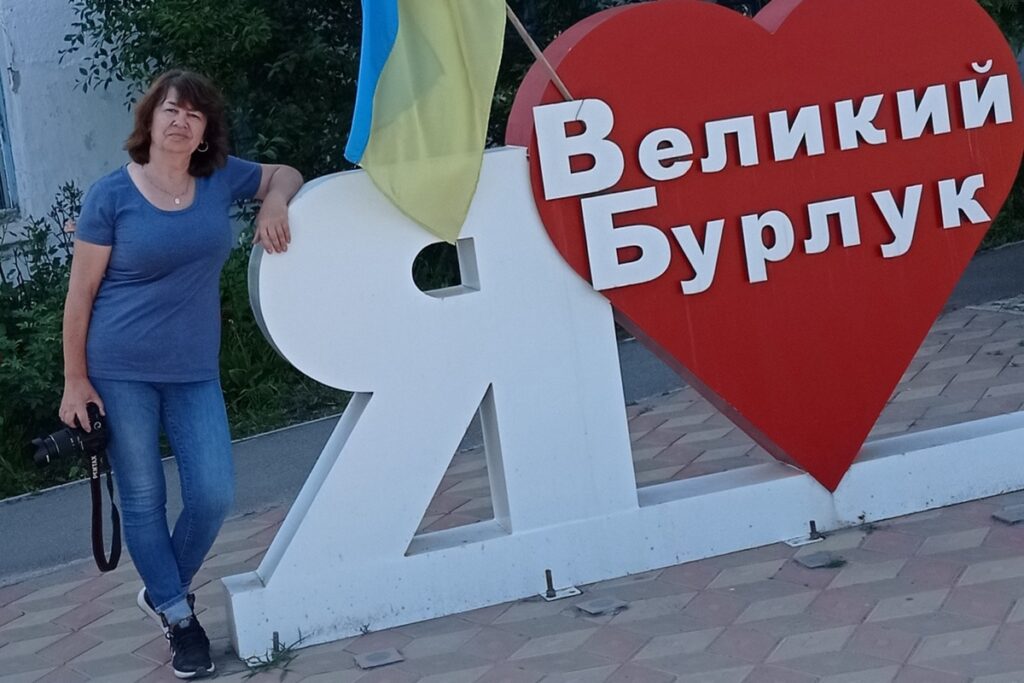
Liudmyla Skliarova gets used to the role of a postman for a few days and also delivers newspapers to organizations. She always leaves a few copies for safekeeping, because on each page, some facts and stories are present, and soon they will become a part of history. The media lady keeps a few copies of the newspaper, dated February 24, 2022, like the apple of her eye.
“We published another issue, but it never reached the readers; it burned down in the Ukrposhta car during delivery on the first day of the war. All the copies disappeared in the fire – that’s what we were told. It’s good that the files were preserved, and I managed to print five copies at a considerable cost. They are very valuable to me, I think, and to the entire community as well.”
Liudmyla Maznova

 THE NATIONAL UNION OF
JOURNALISTS OF UKRAINE
THE NATIONAL UNION OF
JOURNALISTS OF UKRAINE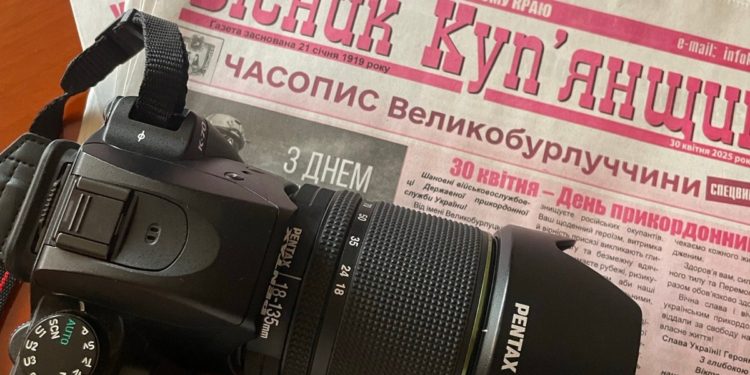
















Discussion about this post